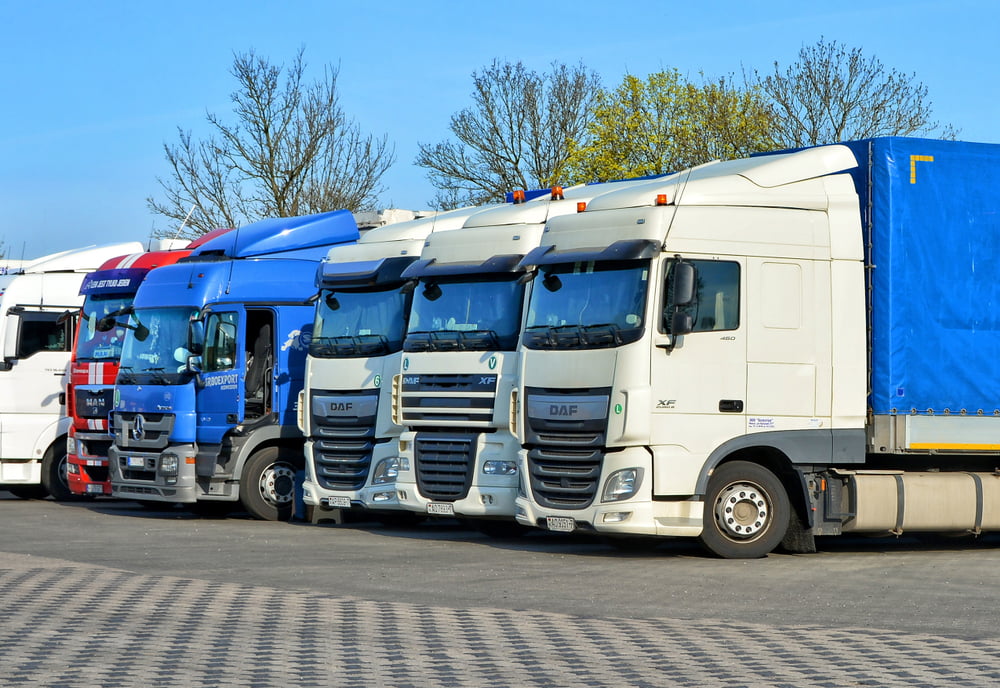It is positive that various mobility parties are calling for a system of payment according to use for everyone, but the business community should not pay for the greening of passenger traffic, emphasizes Paul Poppink of Transport and Logistiek Nederland.
A number of mobility and environmental parties published a plan on Wednesday for the reform of the taxes on cars and vans. The plan aims to introduce 'Payment according to use' from 2030, whereby fixed taxes will be replaced by an amount per kilometer. In addition, this new system should also stimulate the necessary greening of the vehicle fleet. To this end, the current motor vehicle tax (MRB) and the BPM for passenger cars and vans should be thoroughly overhauled.
pay according to use for everyone
TLN (Transport and Logistics Netherlands) has long supported the introduction of 'payment according to use for everyone'. For freight traffic, there are already plans for a truck tax, which will replace the Eurovignette and part of the MRB. It is good that the parties have now also drawn up a plan for the other vehicle categories. It is also positive that the plan appears to be considerably cheaper than alternative plans.
It is clear that the reform and greening of car taxes will cost money, especially for users of combustion engines. This is necessary to stimulate the growth of clean 'zero emission' vehicles. TLN supports this idea, but does have the impression that the users of vans will largely finance the greening of passenger cars in the plan. That cannot be the intention, TLN emphasizes: the bills for greening passenger cars should not lie with entrepreneurs. That is why this is an important point for attention in the further elaboration of a new system of taxes for passenger cars and vans.


